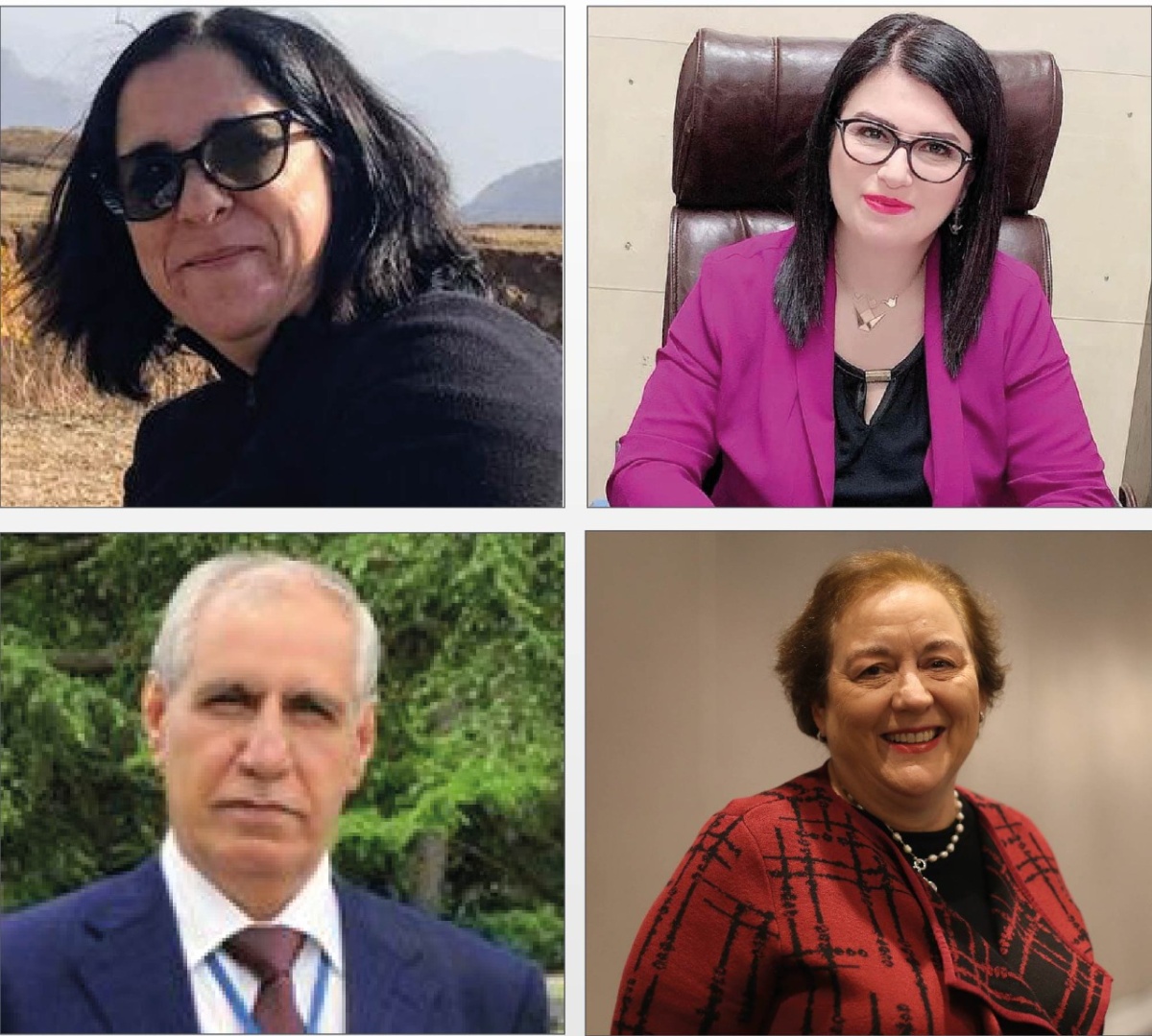“In light of the recent wave of Covid-19 that is ravaging the world and the region, how can we find a balance between protecting people’s health and their right of access to justice, in Jordan and the region,” asked Dr. Sawsan Al-Majali, senior consultant at Durrat Al-Manal Company for Development and Training, during a digital discussion session titled “Access to justice in the region at a time Covid-19 “, of which she was the moderator and which was held by the Forum for Supporting the Development of the Justice Sector in Jordan, in partnership with the Arab Renaissance for Democracy and Development (ARDD) on 15 December, 2020. Speakers at the session were: Dr. Maria Del Mar Logrono Narbona, independent consultant at ARDD in Jordan, Ms. Brigitte Chelebian, founder and director of the Justice Without Frontiers organization in Lebanon, and Prof. Khalil al-Hamdani, an international expert on human rights in Iraq.
Jordan witnessed several developments related to the justice sector, among the precautionary measures taken to combat the pandemic, the most recent being Defence Order 21, which entails digitalizing most legal procedures. The measures taken since the beginning of the crisis have affected workers in the justice sector, – and people’s ability to enjoy certain rights. Logrono presented some of findings of the ongoing studies Al Nahda Centre for Research at ARDD has been conducting since the beginning of the pandemic with regards to the impact of the COVID-19 crisis on the justice sector. These include an increase in the number of complaints of domestic violence, financial disputes and labour issues, as well as complaints related to violations of lockdown measure. Among the findings is the fact that women and children are the most affected by this pandemic.
Chelebian presented an overview of the legal challenges that existed in Lebanon even before the pandemic, such as sectarian and discriminatory laws that affect Lebanese women, high court fees, weak infrastructure of the justice sector, in addition to the economic crisis Lebanon suffers from. “The work of the justice sector was suspended during the crisis, and the financial crisis that Lebanon is going through and was exacerbated by the pandemic has made it more difficult for individuals, in general, and women, in particular, to have access to justice,” she said. Lebanon also recorded an increase in the number of cases of violence against women, who lack protection and access to protection homes due to the measures dictated by the pandemic. “Beirut’s explosion exacerbated the number of cases and led to the emergence of new issues related to the loss of identity papers, from licenses to rental bonds, and to creating new challenges to accessing justice,” she added.
Prof. Al-Hamdani said that the conditions that ravaged Iraq and continued during the pandemic, such as protests, the absence of political stability, corruption and successive financial crises, have led to the decay of its health system, with patients having to bear more than 70% of the cost of treatment. “The pandemic revealed weaknesses in the response to emergency situations system, in the legislative system, which is incapable of coping with the impacts of the pandemic, and led to the emergence of profound moral challenges through the adoption of the herd immunity policy, which in many ways means following the survival of the fittest principle and which leaves vulnerable groups, especially the elderly, people with disabilities and displaced persons, to fend for themselves,” he said.
The participants emphasized that the response to humanitarian needs in the region is still inadequate, and the principle of comprehensive protection does not apply, and individuals lack access to justice in a manner that guarantees their true protection. They called for the justice systems to adopt out-of-the-box solutions and alternative measures that focus on people’s needs, rather than serve the system’s needs, and to improve access to justice during crises. They also called for promoting legal literacy among those in need of legal services, for building the capabilities of the justice sector workers, activating electronic justice and strengthening the public sector and civil society partnership in this domain.


